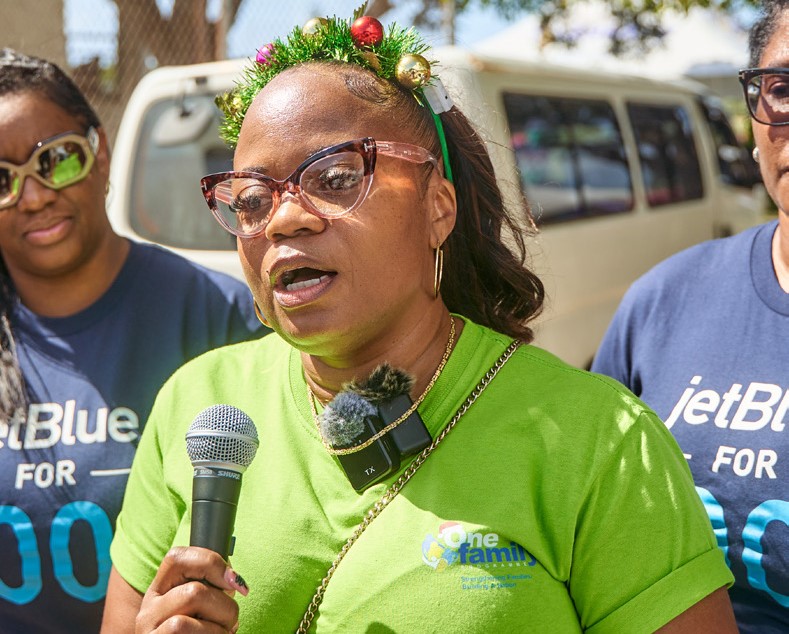Two and a half years ago, with COVID‑19 testing every nation’s healthcare system, a ceremonial shovel pierced the soil off Bay Street. The promise was bold: a privately funded expansion at Bayview Hospital would ease the chronic pressure on Barbados’s overstretched public wards and set a new standard for compassionate, accessible care. Yesterday, that promise moved from vision to reality. It became steel, glass, and humming machinery. Bayview Urgent Care now stands as proof that proper healthcare does not need to wait for GDP growth.
Ask anyone who has waited in Queen Elizabeth Hospital’s Accident & Emergency after midnight, and the numbers bear them out. Parliamentary answers in March 2024 logged more than 40 patients on stretchers in the corridors, average waits of 8–24 hours, and bed occupancy hovering above 95 per cent. In February 2024, one family went public after their elderly relative spent six full days in the emergency department before a bed became available. Government plans to expand QEH capacity by 40 per cent are real and commendable, but construction dust does not soothe a child fighting an asthma attack tonight.
Bayview is designed to fill that immediate void. Next month, the centre will operate from 7 a.m. to midnight; by August, it will stay open 24/7. A new ambulance fleet pledges island‑wide response times of about 15 minutes. For elderly or immobile patients who now gamble on costly taxis, a non‑emergency shuttle reframes frailty as a logistical challenge that Bayview solves with dignity and care.
Inside, speed is an important metric. A latest‑generation 64‑slice CT scanner slashes report times from the public system’s typical week to less than a day. Add a 3‑D mammography suite, rapid‑fire lab panels, and a genetics partnership with CariGenetics, and Bayview says mammography appointments can be confirmed within a few days rather than the two‑ to three‑week backlog common at QEH. What matters isn’t just high‑tech equipment, it’s how fast that equipment and its operators can deliver results and relieve patients’ anxious wait for answers.
Not just for those who can afford it. Through strategic partnerships, the benefits are meant to reach the broader community. Tax concessions were granted on the condition of clear public‑service obligations. Under a public‑private pact with the Ministry of Health, the hospital must deliver at least BDS$150 000 in free diagnostics each year to public patients and is expected to work with the ministry to formalise this in the coming weeks.
Prime Minister Mia Amor Mottley reminded clinicians at the ribbon‑cutting that high‑tech machines mean little if patients don’t feel “seen, heard and felt.” She insisted that explanations, “two, three, four, five times if needed”, must travel with the technology. Hospital administrator Jules Reid speaks of a “circle of care under one roof.” Long-time entrepreneur Peter Harris, Chairman of Bayview Hospital, showed what that phrase means in practice. In a warmly personal vote of thanks, he let gratitude spill beyond the obligatory acknowledgements, saluting the technicians, nurses, relatives, contractors, and financiers. The quiet army behind the glass. His tribute underscores a truth too often overlooked: healthcare is as much about personal connection as clinical practice. Buildings, equipment, and funding are all essential and gain meaning only through the people who pour skill, time, and compassion into them.
Indeed, as Bayview Urgent Care opens its doors and targets 24/7 service, a milestone that should send a jolt of hope through every Barbadian, it sets a benchmark for national healthcare. But hours and equipment are the easy victories. The deeper shift is the one Mottley pleaded for – communication. Too many Barbadians still carry stories of being brushed aside by jargon or indifference at their most vulnerable. A scan delivered in six hours means little if the results land without empathy or a plain‑English explanation. Treat clarity and kindness as clinical imperatives, and Bayview could reset the national curve.
None of this is small‑stakes tinkering. As Barbados exits its IMF programme and confronts climate‑driven health threats, from heat stress to dengue, resilience must replace fragility. For Harris, the opening marked a personal milestone and a quiet testament to how humble leadership can turn private vision into public benefit. Bayview Urgent Care’s legacy will hinge on how widely it shares that circle of care.
The post Private vision, public care appeared first on Barbados Today.

